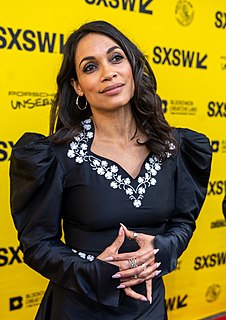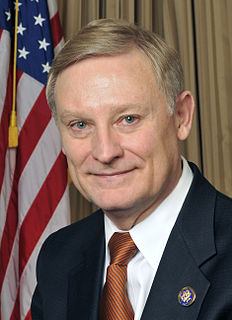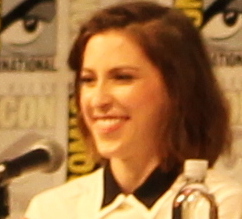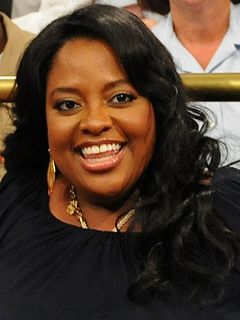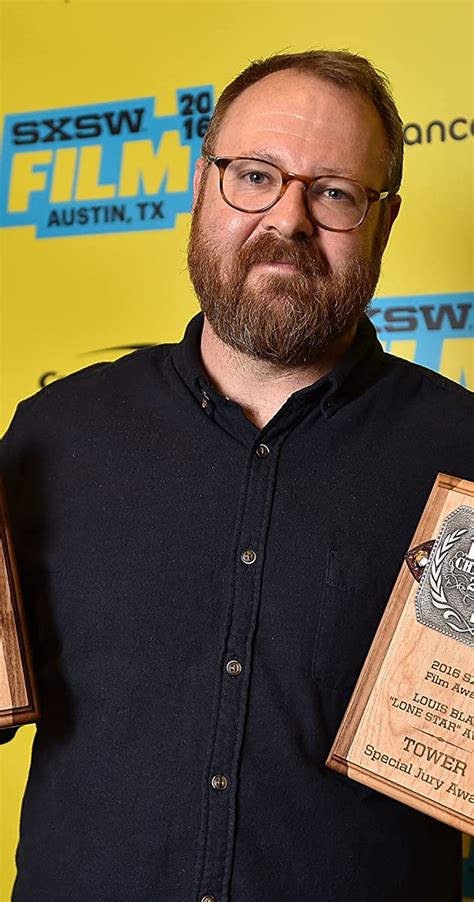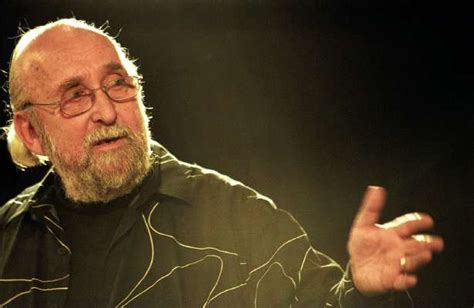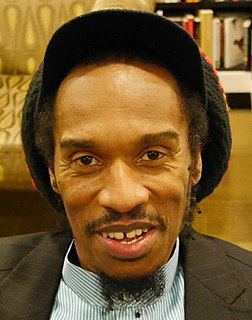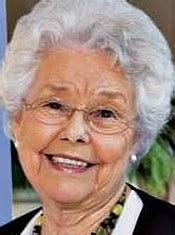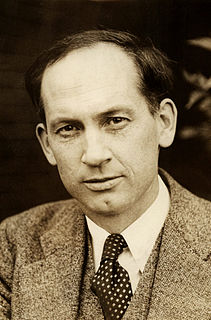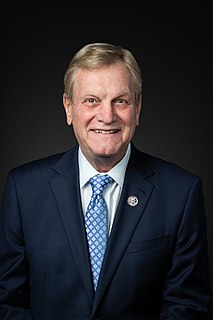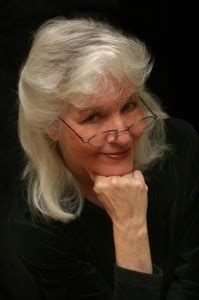Top 1200 Oral History Quotes & Sayings
Explore popular Oral History quotes.
Last updated on November 21, 2024.
The Americans are violently oral. That's why in America the mother is all-important and the father has no position at all -- isn't respected in the least. Even the American passion for laxatives can be explained as an oral manifestation. They want to get rid of any unpleasantness taken in through the mouth.
I made some friends at Listerine and they taught me a little bit about oral care. That half of adults suffer from oral disease, that the number one chronic disease among children is oral disease, that we're only taking care of 25% of our mouths when brushing alone and there are more germs in your mouth than there are people on the planet.
Poetry has always mattered, through human history, through all kinds of cultures, all kinds of violence and human desolation, as well as periods of great human affirmation. It's been associated with the power of the word, with the sacred, with magic and transformation, with the oral narratives that help a people cohere.
We live in a society that is in transition from oral to written. There are oral stories that are still there, not exactly in their full magnificence, but still strong in their differentness from written stories. Each mode has its ways and methods and rules. They can reinforce each other; this is the advantage my generation has - we can bring to the written story something of that energy of the story told by word of mouth.
A good part of 'The Information' is about the transition from an oral to a literary culture. Books effected such a great transformation in the way we think about the world, our history, our logic, mathematics, you name it. I think we would be greatly diminished as a people and as a culture if the book became obsolete.
For most of human history, 'literature,' both fiction and poetry, has been narrated, not written — heard, not read. So fairy tales, folk tales, stories from the oral tradition, are all of them the most vital connection we have with the imaginations of the ordinary men and women whose labor created our world.
History is a living horse laughing at a wooden horse. History is a wind blowing where it listeth. History is no sure thing to bet on. History is a box of tricks with a lost key. History is a labyrinth of doors with sliding panels, a book of ciphers with the code in a cave of the Saragossa sea. History says, if it pleases, Excuse me, I beg your pardon, it will never happen again if I can help it.
Moreover, it is so important that people have the opportunity to share their stories and have them documented. There have been large-scale oral history projects after many events, from September 11th to Hurricane Katrina. Many oral history projects are much more confined, but equally valuable. We can learn about different working conditions, living conditions, trauma experiences and much more through oral history.
I'm saying that the domain of poetry includes both oral & written forms, that poetry goes back to a pre-literate situation & would survive a post-literate situation, that human speech is a near-endless source of poetic forms, that there has always been more oral than written poetry, & that we can no longer pretend to a knowledge of poetry if we deny its oral dimension.
But you have to understand what that really did is that it opened these DVDs to be sources of oral history instead of puff pieces for the studio, because people involved with them being in fear of being sued by somebody, so it became another form of movie history. I mean I didn't plan it, but I'm proud that it happened. Which is probably why they didn't interview me for this DVD.
It is hardly an exaggeration to say that oral teachers and sign teachers found it difficult to sit down in the same room without quarreling, and there was intolerance upon both sides. To say 'oral method' to a sign teacher was like waving a red flag in the face of a bull, and to say 'sign language' to an oralist aroused the deepest resentment.
Oral history is a research method. It is a way of conducting long, highly detailed interviews with people about their life experiences, often in multiple interview sessions. Oral history allows the person being interviewed to use their own language to talk about events in their life and the method is used by researchers in different fields like history, anthropology and sociology.
The president is on national TV apologizing for getting oral sex. Why didn't he just stick with his lie? You got to stick with your lie. If you lie, you have to believe that lie whole-heartedly. It has to become the truth for you. But this man, the most powerful man in the world, is on national TV apologizing for receiving oral sex. He's an idiot. There are men sitting in here right now who would gladly accept oral sex on national TV.
There are many important books on oral history. My book was the launch title in the Understanding Qualitative Research series with Oxford University Press. I think what makes my book and all of the series books unique is the emphasis on writing instruction for researchers who want to use the method being described.
When you're missing your two front teeth, that's honesty. That is a door to your oral history. You're not covering anything up. You're saying, 'Hey world, I'm missing my front teeth. I'm gross; I'm dirty; I'm poor. I clearly have no problem with public urination and eating garbage. Don't come near me, I'll gum you to death!
People are always saying it's the end of the Gutenberg era. More to the point, it's a return to an oral era. The Gutenberg galaxy was about the written word. At its best, the digital era is part of the rediscovery of the oral. At its worst, it's a Kafkaesque victory of the bureaucratic over the imagination.
I'm actually reading 'World War Z' again! It's incredibly realistic and it's written as an oral history through interviews with different characters. Max Brooks wrote this book in so many different voices. There are about forty or so. It's incredible. When I finish 'World War Z' I'm going to go back and start again on the 'Game of Thrones' series.
My book, Oral History: Understanding Qualitative Research is about how researchers use this method and how to write up their oral history projects so that audiences can read them. It's important that researchers have many different tools available to study people's lives and the cultures we live in. I think oral history is a most needed and uniquely important strategy.
After I discovered the real life of mothers bore little resemblance to the plot outlined in most of the books and articles I'd read, I started relying on the expert advice of other mothers--especially those with sons a few years older than mine. This great body of knowledge is essentially an oral history, because anyone engaged in motherhood on a daily basis has no time to write an advice book about it.
Although it is tempting to imagine an ancient era innocent of biochemical weaponry, in fact this Pandora's box of horrors was opened thousands of years ago. The history of making war with biological weapons begins in mythology, in ancient oral traditions that preserved records of actual events and ideas of the era before the invention of written histories.
